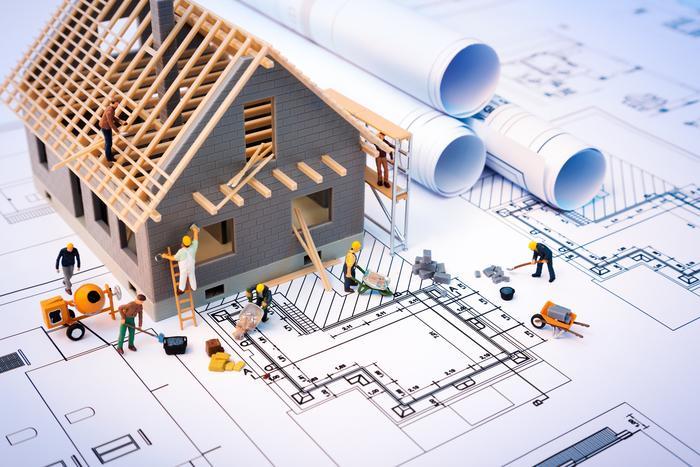
Introduction
The construction industry is no stranger to budget overruns and unexpected expenses. Staying within budget is a key challenge, but with strategic planning and smart decision-making, cost-effective building is within reach. This comprehensive guide offers essential tips to help you manage your construction project budget effectively, ensuring a successful and financially sound completion.
Thorough Planning
The Foundation of Cost-Effectiveness
Before any construction begins, detailed and thorough planning is crucial. This step involves:
- Detailed Project Scope: Clearly define what the project entails. This should include detailed specifications, drawings, and clear objectives.
- Realistic Budgeting: Establish a realistic budget considering all possible expenses, including materials, labor, permits, and contingencies.
- Timeline Management: Develop a realistic timeline. Delays can be costly, so efficient timeline management is key.
Understanding Material Costs
Balancing the Quality and Affordability
Materials can consume a large portion of your construction budget. To manage this:
- Cost-Effective Materials: Research and choose materials that offer durability without breaking the bank.
- Bulk Purchasing: Where possible, buy in bulk to benefit from discounts.
- Sustainable Choices: Sometimes, investing in sustainable materials can save money in the long run.
Efficient Labor Management
Optimizing Your Workforce Labor costs can significantly impact your budget. To manage this:
- Hire Skilled Labor: Ensure your team has the right skills to avoid costly mistakes and do-overs.
- Effective Scheduling: Optimize work schedules to minimize downtime and overtime expenses.
- Use of Technology: Implement project management software to streamline operations and improve communication.
Streamlined Processes and Technology
Incorporating Modern Solutions Modern technology can play a pivotal role in keeping costs down:
- Project Management Software: Use software for real-time project tracking and budget management.
- Automation: Where possible, use automated processes to save time and reduce labor costs.
- Eco-friendly Practices: Green technologies and practices can lead to long-term savings.
Regular Monitoring and Adjustment
Staying on Track Continuously monitor the progress of your project:
- Regular Budget Reviews: Regularly review and adjust the budget as needed.
- Contingency Plans: Have plans in place for unexpected expenses or delays.
- Stakeholder Engagement: Keep all stakeholders informed and involved in decision-making processes.
FAQs
Q1: How can I reduce costs without compromising quality? A1: Focus on value engineering – choosing cost-effective materials and methods that do not compromise on quality. Also, leveraging skilled labor can prevent costly mistakes.
Q2: What is the best way to handle unexpected expenses? A2: Always include a contingency fund in your budget, typically around 10-20% of the total project cost, to cover unforeseen expenses.
Q3: Can sustainable practices really save money? A3: Yes, sustainable practices can lead to long-term savings through energy efficiency, tax incentives, and reduced waste.
Conclusion
Managing a construction budget effectively is a challenging but essential aspect of project management. By employing thorough planning, understanding material costs, optimizing labor, embracing technology, and regularly monitoring progress, you can stay on track financially. Remember, effective budget management in construction is not just about cutting costs – it’s about making smart choices that lead to successful and cost-effective project completion.